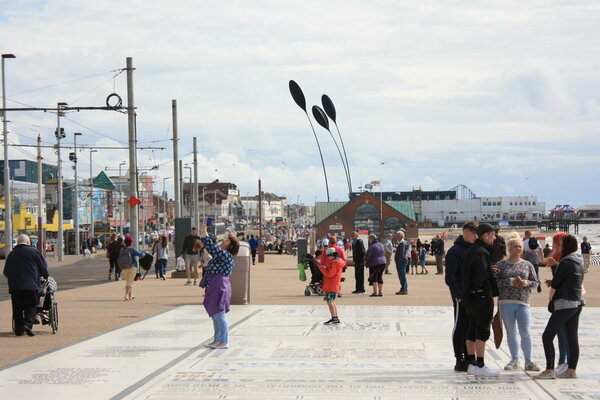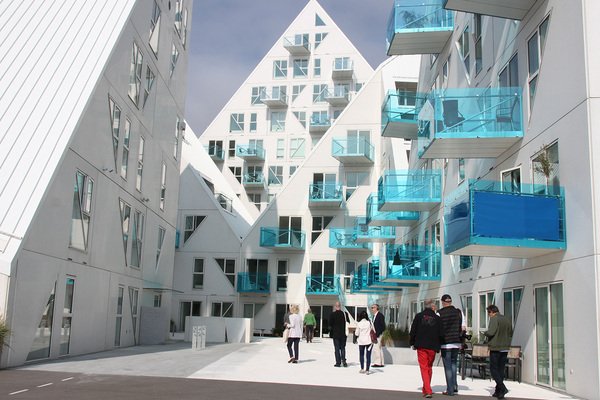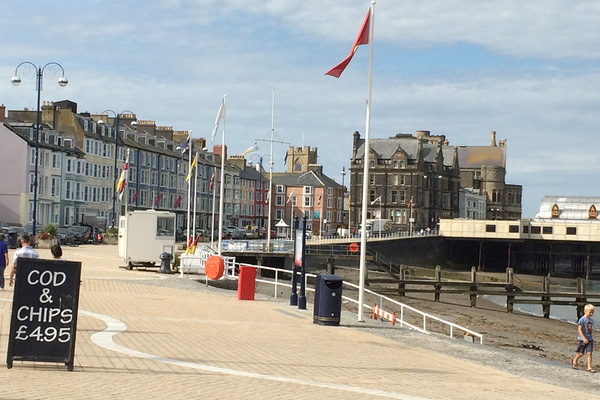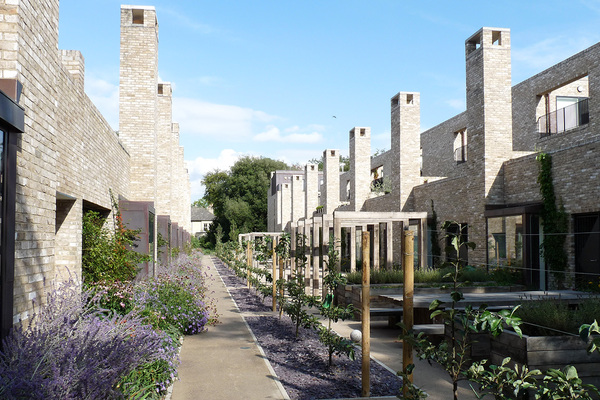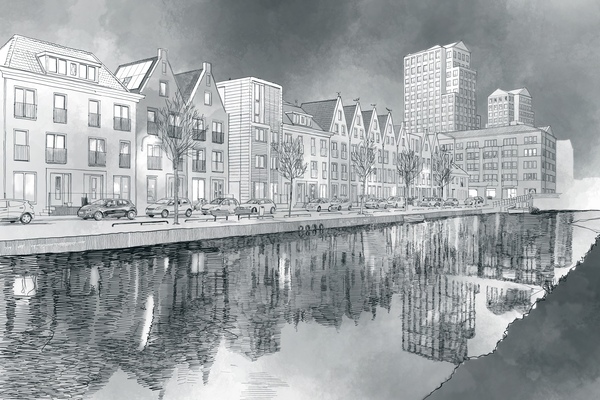Candidate: Blackpool
Location: Lancashire, UK
Category: The Great Town Award
Year: 2017
Learning Moments
1. Strong Council leadership combined with vision and partnership working
The Council has taken bold leadership in key areas that will deliver meaningful change, has a commercial mindset while upholding social and conservation principles and works well in partnership with the private sector and with neighbouring authorities.
2. Excellent development and management of social housing
The Council directly controls housing benefit payments to legitimate landlords as a bid to stop exploitation of a vulnerable population and deterioration of housing stock. This is supported by major programme of purchase, restoration and re-use old B&Bs for family housing.
3. Public realm designed to help deliver economic and social objectives
The seafront public realm has transformed the relationship between pedestrians, the sea, traffic and the town, created a new significant event space, a new public realm attraction (The Comedy Carpet) and become a symbol of the new Blackpool. The new square in front of the Winter Gardens attracts people from the seafront into the shopping area, has encouraged restaurant chains into the town which in turn has helped to diversify the evening economy.
4. Joint venture for the restoration and management of significant heritage assets
Taking back ownership of the town’s most significant heritage and tourism assets and then setting up a joint venture company for their management working with Merlin. The arrangement ensures commercial vitality and leveraging funding for restoration and conservation.
5. Visible commitment to environmental sustainability
The Council offices have BREEAM excellence standard, the meetings and conference venue – The Solaris Centre – has a high level of energy efficiency and the town was an early adopter of electric taxis.
Summary
Blackpool is known primarily as a fun seaside resort, the most visited resort in UK with a strong seaside heritage visible in its attractions including the iconic Grade 1 listed Blackpool Tower. The scale of the tourism industry in Blackpool is huge compared with most resorts and dominates the employment base. This, coupled with Blackpool’s peripheral location at the end of a motorway spur off the M6, means the town has developed a resilience, resourcefulness and a strong sense of its own identity and an understanding of the importance of managing that.
The challenge is to retain its tourism positioning by delivering a 21st century visitor quality experience that conserves the essence of what Blackpool is all about, while at the same time creating a good place to live and dealing with the significant social and health issues of the town. Blackpool has a population of around 14,000 people and welcomes 17million visitors each year, which brings its own management challenges from quality control of holiday accommodation to the evening economy.
The Council recognised that because of the scale and nature of the challenges, it needed to take a strong lead and seek bespoke solutions. After losing the bid for the super casino during the last Labour government, the Council had to rethink how they would turn around the economic fortunes of the town and reenergise the tourism industry. Part of the challenge for Blackpool is the scale and heritage significance of its iconic tourist attractions – the Winter Gardens, Blackpool Tower and the piers. These were previously owned and managed by the private sector but lacked investment. The Council showed strong leadership and took the bold step of taking these assets back into their ownership and then developed a unique management arrangement with Merlin, the leading entertainment attraction company. That brand association and experience of running successful family attractions has ensured the assets have become a central part in repositioning the resort’s reputation and helped attract new and lapsed visitors. A joint venture – Blackpool Entertainment Co, – which manages the assets, ensures a balance between conservation, restoration and commercial management.
The Council has invested heavily in the public realm along the Golden Mile and in a modern tram system. That investment has significantly improved the seafront experience and begun to create a more contemporary city feel, which sits at the heart of the town’s vision. For example, the public realm investment in the square in front of the Winter Gardens has encouraged new chain restaurants and cafés, strengthening the shopping experience and helping to create a more balanced evening economy.
The Council recognises that the regeneration to date is the foundation which has begun to turn around the fortunes of the town but there is a way to go. The approach is to get right their main industry – tourism – so that the town will be in a much better position to attract investment and other industries. The Council has created two enterprise zones to help support businesses to begin that process. Blackpool works with its neighbouring Councils through the Blackpool, Fylde and Wyre Regeneration Company.
Blackpool Council prioritises environmental regeneration including through The Solaris Centre (a meetings and conference venue that is an exemplar environmental building) and several of the recent new buildings have BREEAM excellence status. Blackpool was one of the first Councils to introduce electric taxis.
Part of the challenge for Blackpool has been an oversupply of poor quality B&Bs and small independent hotels. The Council has begun a process of replacing this stock with affordable family housing that is close to the town centre.
Blackpool has a large, transient, poor and often homeless population and the associated issues for individuals and families including drug and alcohol addiction and children with disrupted education. The town prides itself on dealing with these challenges well and we heard about business and Council joint working in place to tackle the issues. We did not get a sense of how individuals within the community are engaged in tackling these and other issues.
Blackpool is a good example of Council leadership in a local authority and in innovative working with private sector businesses. There is strong learning in leadership, models for commercial success and viability and in community health and wellbeing including through support for homeless and displaced people and in housing.

